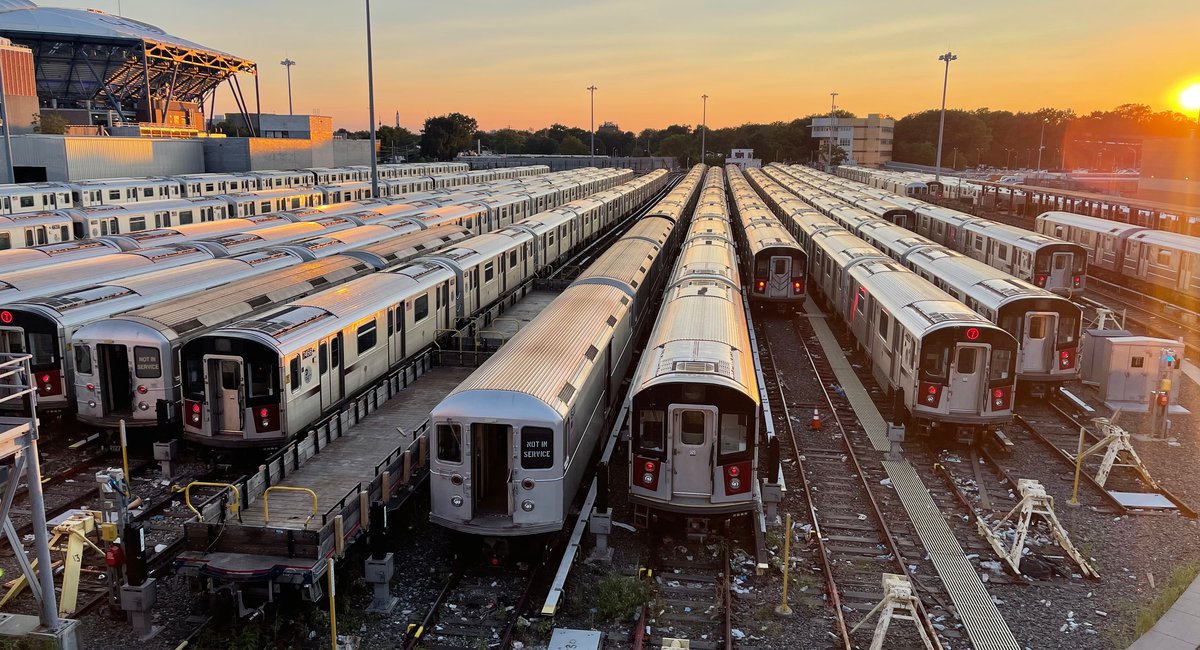As the omicron variant continues its rapid spread through New York City, a surge in COVID-19 cases among the city’s transit workers is disrupting service on subways, buses, and ferries.
The MTA announced on social media its plans to cut service and redirect crews this week, describing the cutbacks as a “proactive step” to ensure that enough staff is available to avoid cancelling trips.
On Monday, a shortage of work crews prompted delays on several subway lines — including the B, C, F and M. Dozens of city bus routes were also impacted.
In a radio interview, MTA Acting Chairman and CEO Janno Lieber acknowledged that positive COVID-19 cases among transit workers had increased “dramatically,” but he also downplayed the impact of the service cuts on everyday New Yorkers.
“It’s nothing like what you’re hearing about from the airlines,” Lieber said on 1010 WINS, referring to the cancellation of hundreds of flights in the New York region this past weekend.
“We do have a lot more folks out because of COVID, but we’re making these adjustments and service is running just like we’ve done since the beginning of COVID,” he added.
The MTA declined to share the exact number of employees out sick with COVID-19. But according to published reports, 169 workers tested positive for the virus between December 9th and December 16th, a more than 150% jump from two weeks prior.
The spike in cases comes as the MTA is already contending with a shortage of workers due to a hiring freeze that was imposed early on in the pandemic to cut costs.
While that freeze was lifted earlier this year, the agency has struggled to build out its workforce as ridership has rebounded. In November, operator vacancies accounted for more than 28% of all weekday subway delays, the highest portion of all delay categories.
In response, the transit agency has taken steps to address the shortages, offering cash bonuses to retired train operators to return to work for three months, while aggressively recruiting new employees. The MTA has said they expect subway crews to return to pre-COVID numbers by the middle of next year.
It’s unclear whether the surge in omicron cases will impact the agency’s efforts. According to Lieber, the recent spike has resulted in “very low hospitalization numbers.”
Unlike city and private-sector employees, workers at the state-run MTA are not currently required to be vaccinated. On Monday Governor Kathy Hochul said she had no plans to change that policy, which mandates unvaccianted workers to receive regular testing.
“We do not want to make it impossible for the New York City workforce to have the proper transportation channels they’re accustomed to,” Hochul said.
“We can’t do anything to create a dynamic where there are no trains picking people up for their jobs in the morning or getting healthcare workers to their jobs in hospitals.”
On the Staten Island ferry, omicron-fueled staffing shortages have also led to a reduction in rush hour service from every 15 minutes to every 20 minutes, a spokesperson for the city’s Department of Transportation confirmed.
